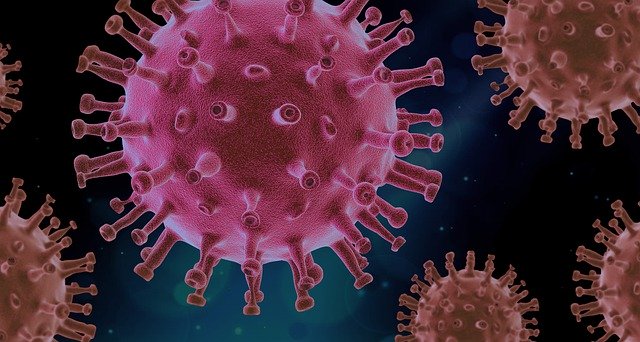The Western Cape’s number of active COVID-19 cases has decreased to 12 254 on Tuesday [July 21] from 13 352 the previous day. A total of 40 new deaths have also been reported, bringing the province’s death toll to 2694.
Premier Alan Winde also noted there are 85 009 confirmed cases since the start of the virus and 70 061 recoveries.

Total confirmed COVID-19 cases: 85 009
Total recoveries: 70 061
Total deaths: 2694
Total active cases (currently infected patients): 12 254
Tests conducted: 37 8895
Hospitalisations: 1569 – with 333 in ICU or high care
Sub Districts Cape Town Metro:
Western – 7187 cases; 6074 recoveries
Southern – 7479 cases; 6220 recoveries
Northern – 4964 cases; 4217 recoveries
Tygerberg – 10693 cases; 9087 recoveries
Eastern – 7743 cases; 6604 recoveries
Klipfontein – 7780 cases; 6575 recoveries
Mitchells Plain – 6795 cases; 5745 recoveries
Khayelitsha – 7479 cases; 6593 recoveries
Total: 60120 cases ; 51115 recoveries

Sub-districts:
Garden Route: Bitou – 276 cases; 142 recoveries
Garden Route: Knysna – 674 cases; 336 recoveries
Garden Route: George – 1850 cases; 1124 recoveries
Garden Route: Hessequa – 90 cases; 52 recoveries
Garden Route: Kannaland – 44 cases; 22 recoveries
Garden Route: Mossel Bay – 833 cases; 434 recoveries
Garden Route: Oudsthoorn – 300 cases; 160 recoveries
Cape Winelands: Stellenbosch – 1632 cases; 1335 recoveries
Cape Winelands: Drakenstein – 3471 cases; 2944 recoveries
Cape Winelands: Breede Valley – 2465 cases; 1979 recoveries
Cape Winelands: Langeberg – 846 cases; 645 recoveries
Cape Winelands: Witzenberg – 1064 cases; 822 recoveries
Overberg: Overstrand – 1203 cases; 973 recoveries
Overberg: Cape Agulhas – 143 cases; 85 recoveries
Overberg: Swellendam – 208 cases; 127 recoveries
Overberg: Theewaterskloof – 826 cases; 643 recoveries
West Coast: Bergrivier – 291 cases; 223 recoveries
West Coast: Cederberg – 83 cases; 51 recoveries
West Coast: Matzikama – 174 cases; 106 recoveries
West Coast: Saldanha Bay Municipality – 1026 cases; 811 recoveries
West Coast: Swartland – 986 cases; 723 recoveries
Central Karoo: Beaufort West – 136 cases; 55 recoveries
Central Karoo: Laingsburg – 17 cases; 7 recoveries
Central Karoo: Prince Albert – 1 case; 0 recoveries
Unallocated: 6250 (5147 recovered)

More data is available here: https://coronavirus.westerncape.gov.za/covid-19-dashboard
Tracking and tracing:
The Western Cape has a number of systems in place to help with contact tracing. These include the use of tracking and tracing teams, community healthcare workers and the newly launched CovidConnect system which was piloted in the Western Cape. This is a cellphone-based, and opt-in service that will send you important information via text message if you are COVID-19 positive, or if you are listed as a contact.
“The Western Cape has also recently introduced the use of our call centre to bolster efforts to reach those who have tested positive. Between June 13 and July 191, this team has made over 11 700 calls. During these calls, the agents will check in on patients, and advise them of their options for quarantine and isolation,” Winde says. “I am however concerned that of those 11 700 calls, over 3000 were not answered. These calls can provide important information for people who have recently tested positive in the province. It is therefore imperative that you provide us with the correct contact and address details when you go for your test so that when we do contact you to start the tracking and tracing process, we can easily reach you.”
“Since I tested positive for COVID-19, I have been able to experience the province’s systems in action. The Western Cape Government has recently put in place a strategy to manage the increased risk of COVID-19 patients with diabetes. As such, I received a daily call to check in on me and to track my blood glucose levels. High-risk diabetic patients will be advised to go to one of our intermediate care facilities, even if they don’t meet the criteria for hospitalisation, in order to ensure that we are able to manage their blood glucose levels and mitigate their healthcare risks.”
Picture: Pixabay

